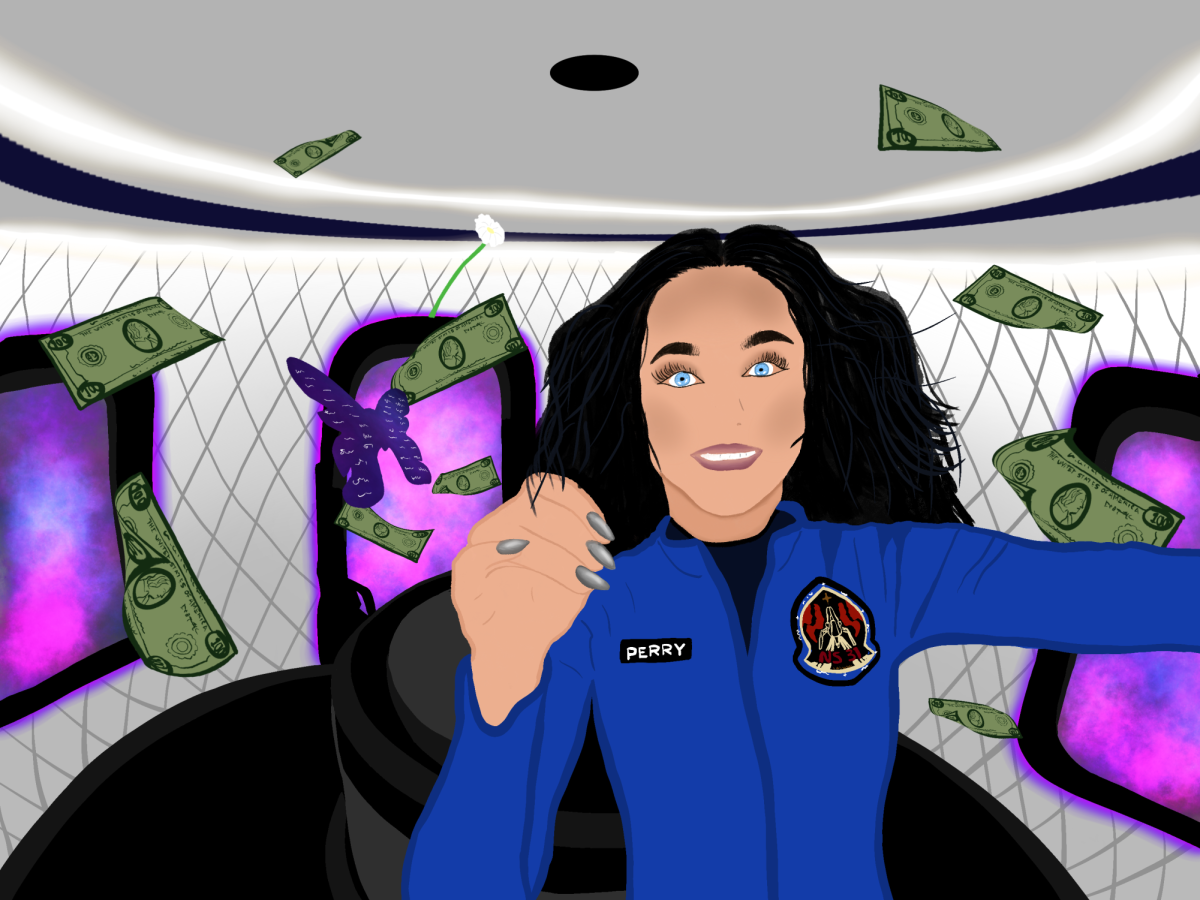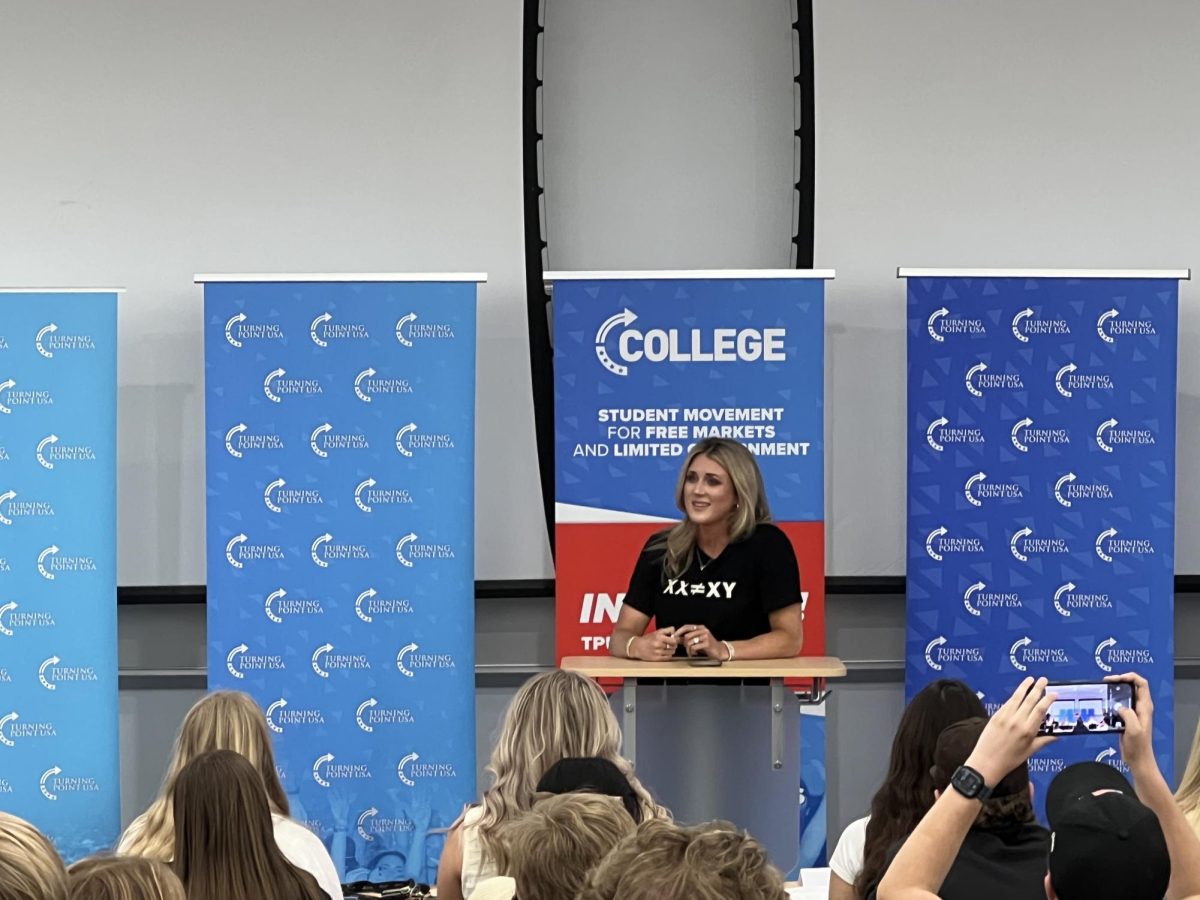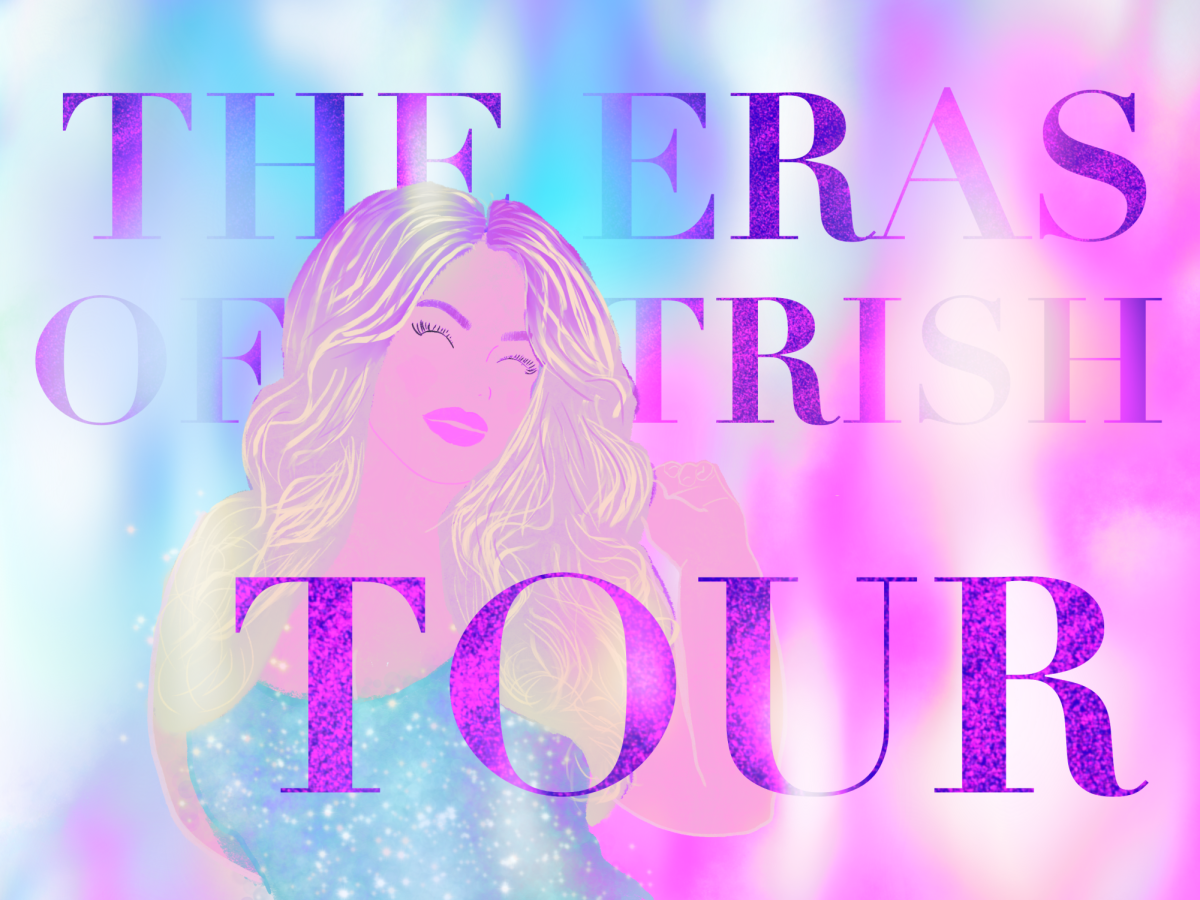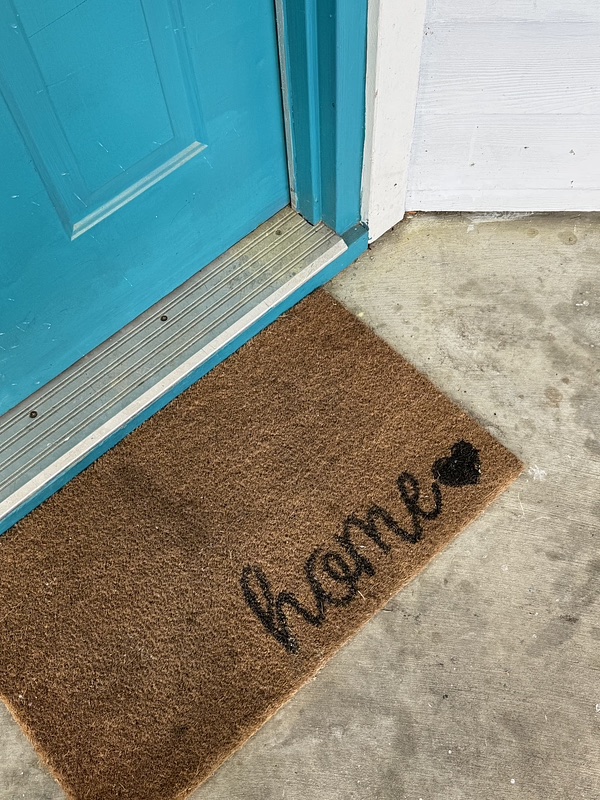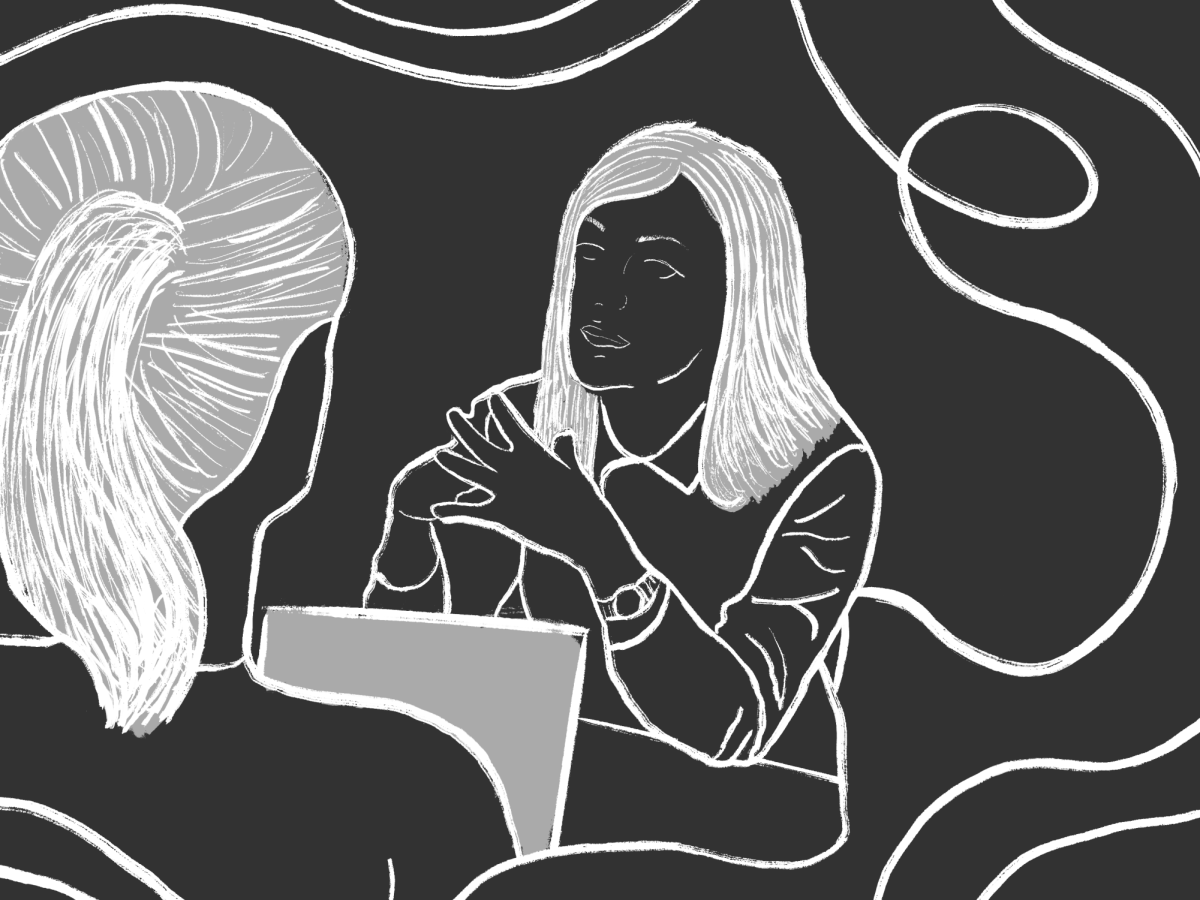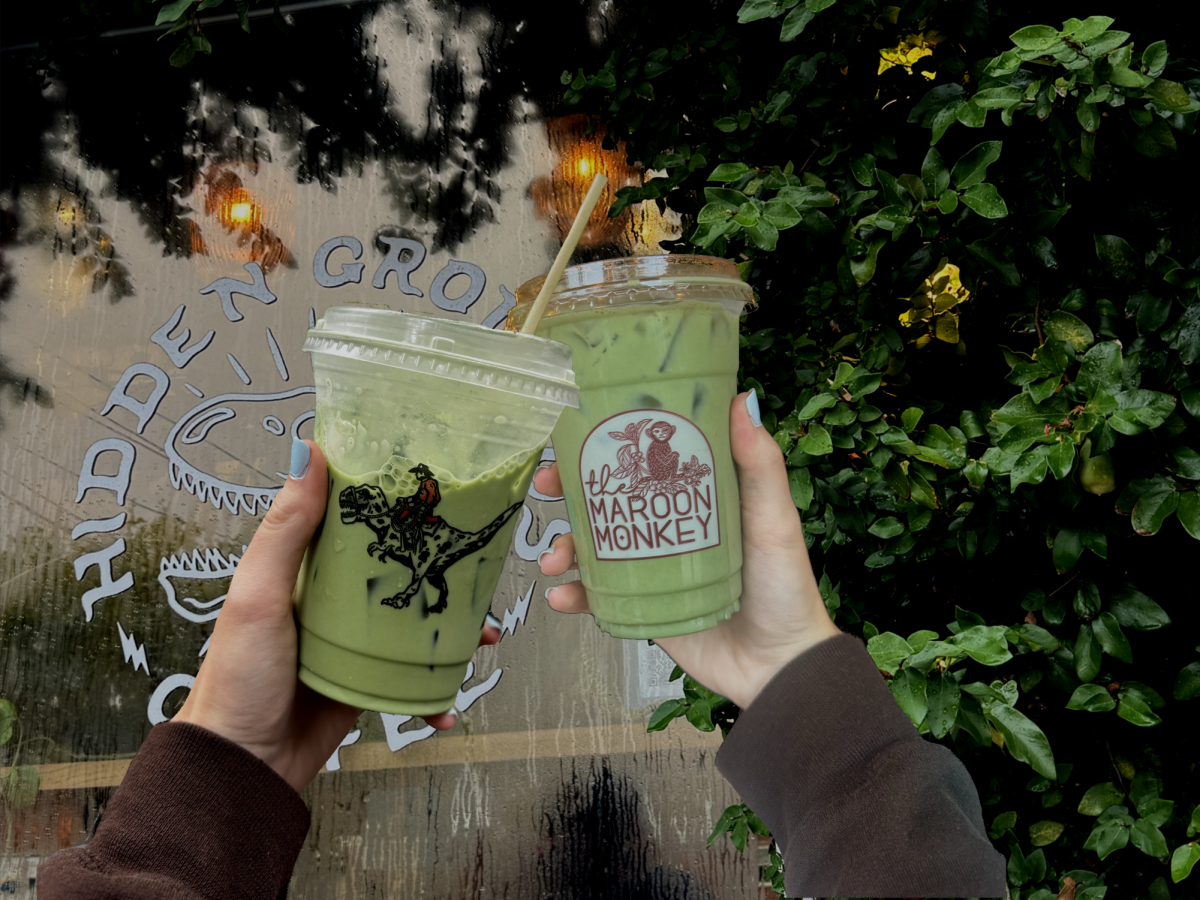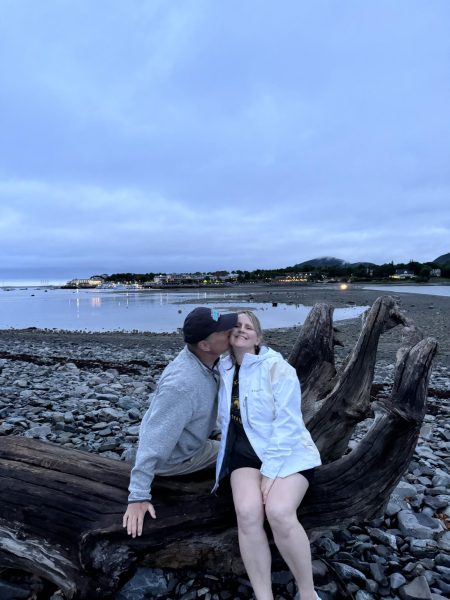
“Have you ever been in love?” Such a simple question loaded with so much emotion. If you break it down, the “in” makes the most extensive difference. I’m sure many of you have heard you can love someone and not be “in” love with them. To love someone is simple even to those that don’t believe they deserve it. You love your family, cat, dog, favorite food or subject. However, to be “in” love is a whole different narrative.
You breathe it in.
You’re consumed, infatuated with the touch and care from another. Every word or glance is engraved in your mind like a brand. Not in possession but admiration. Enchanted by the other’s presence. Your mind, body and heart are completely one when you are in love. You find yourself wishing they were always near. Your home becomes that person. Maybe his hair is perfectly curly, and his green eyes mix with a sparkle of hazel. Sometimes being in love is as simple as letting you read a chapter at night to him. He was never much of a reader but is enchanted by the joy you get when he agrees to let you read to him. The thrill of your smile is far more significant than any fleeting pleasure to him.
Although I believe being in love brings more extreme emotion, some may disagree. Kathy McCoy, Ph.D. is a marriage and family therapist and author of more than a dozen books such as “We Don’t Talk Anymore,” ”Making Peace” and one of my personal favorites “To Be A Woman.” While speaking to Stacy Lloyd for her article, “The Difference Between Being in Love and Loving Someone, According to Experts.”, she states that the feeling of being in love can fade over time. “As phases tend to do, [early love] passes as jobs, bills, children, conflicts, aging parents and other realities of long-term love begin to push those fantasies aside,”McCoy says. “It’s hard to harbor glamorous illusions close-up over time.” She compares being in love to a “glamorous illusion” rather than the feeling between Elizabeth Bennet and Mr. Darcy. This allows me to believe we are talking about different types of relationships. Hers being one with someone who lies and deceives, mine being with one who is true.
In the award-winning novel “Pride and Prejudice,” Mr. Darcy longs for Elizabeth. However, he’s too proud to admit it until the reader has already been trapped in 300 pages for a mere touch of a hand. Jane Austen, the writer of this novel and many other classics, understands the love I’m describing. The feeling when even a look can entrance you.
Many people believe that love fades over time, with the thrilling and intense feelings of the early stages of a relationship settling into something calmer and steadier. It’s true that the excitement might change as a relationship matures, but this doesn’t mean that love is any less meaningful. You might go from decorating your dorm to furnishing your first apartment together. The feeling of home is in one another. In fact, being in a loving and committed relationship can be beneficial for your mental health.
When you’re in a stable relationship, you have a constant source of support and emotional security. This is why many believe it is easiest to find love in college, as both parties are in an emotionally vulnerable state. This can make life’s challenges easier to handle and reduce feelings of stress. Knowing that someone is there for you, who genuinely cares and understands you, can also help boost your self-esteem. There have been many students reporting that their self-esteem has lowered in college with the change of environment and eating habits. However, having someone to build you up and blind you from your comparisons can be like a breath of fresh air for students. BetterHelp Editorial Team states in their “Love Vs. In Love: Which is better for Mental Health” article that “when you love someone deeply, the chemical balance in your body may be affected. Oxytocin may be released when you see them, prompting you to form and develop your bond. Oxytocin is the cuddle hormone that can help you bond with other humans and animals.” You’re less likely to feel anxious because you have a reliable partner who shares your burdens and joys.
This isn’t exclusive to romantic relationships. Many researchers have discovered that these connections can provide similar emotional benefits, helping individuals cope with the stresses of college life. Studies such as“The Neuroethology of Friendship” by Lauren J.N. Brent, Steve W.C. Chang, Jean-François Gariépy and Michael L Platt have shown that close friendships can enhance feelings of belonging, reduce feelings of loneliness and foster resilience during challenging times.
Just like romantic relationships, friendships can stimulate the release of oxytocin and other positive hormones, reinforcing the bonds that contribute to overall well-being. These relationships encourage open communication, provide a safe space for sharing experiences and allow individuals to navigate the complexities of college together.
However, it’s not always healthy because you’re “in” love. The main reason I’m writing this is for people to understand you can love someone and never truly be in love with them. Really sometimes “love” is that “glamorous illusion” Kathy McCoy described. The truth is not all love is real but when it is, it’s rare and you should hold on to it as long as you can as it could improve your mental and emotional wellbeing.
People in true loving relationships often report feeling happier and experience fewer feelings of depression. The companionship and emotional support you get from a partner not only supports your well-being but acts like a lifeline in a time of need. In that same article, “Love Vs. In Love: Which is better for Mental Health”, Better Help Editorial Team also states, “What being “in love” looks like to you might also differ from what someone else considers love.”
Whether being in love and loving someone are different or the same depends on how each person feels about it. For some, the excitement of being in love feels different from the steady, lasting love that grows over time. They feel it is a symbol of instability. However, I see these feelings as part of a continuous experience where initial excitement changes into a deeper connection. What matters is that our happiness and mental health can be significantly impacted by both types of love. It is up to each of us to decide how we value and perceive these various facets of love.
As a child my dad rarely lectured us on anything other than the way we treated our mom. You knew the minute you said something remotely mean or sassy to her, you would have a three-hour reflection ahead with dad. Along with that, a whole ton of “I’m not mad, just frustrated.” I always wondered “what about my feelings?” Looking back, I get it now. The sincerity of all of this is, my dad fell in love with her before he ever got to love us.
My parents, Sandra and Charles Tumlin, are my living and breathing examples that there is a difference between being in love and loving.
He was the boy with the curly hair and green eyes with the sparkle of hazel, who went on a blind date on a whim that set the course of his life.
Except his eyes were blue and the sparkle of hazel was the reflection of hers staring back into his.
That boy is still to this day longing for her smile. Letting her read him that chapter, even though he was never much of a reader. The one she lets protect her. If you were to ask my dad this, he would tell you she’s always protected him, and he was just “there when she needed a hand to hold.”
When it comes to my love, at least I’ll know how it will feel and look, watching my dad fall deeper for his every day.
To be in love is not to be lost.
To be in love is very different from loving.










